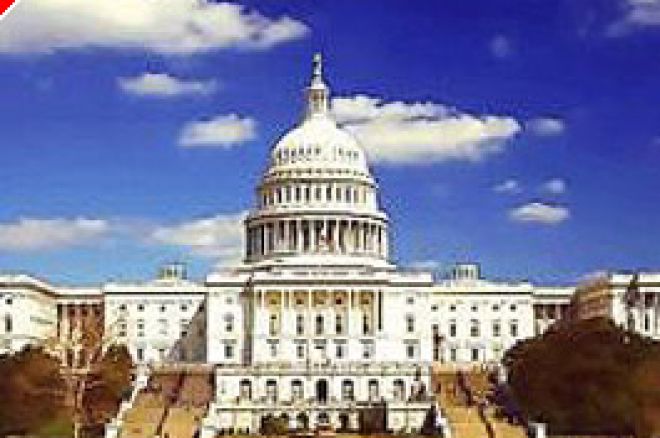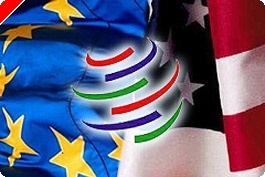D.C. Think Tank 'White Paper' Assails UIGEA

With a Congressional hearing looming regarding the planned implementation of rules for 2006's Unlawful Internet Gambling Enforcement Acgt (UIGEA), a conservative Washington D.C. has issued a "white paper" on the UIGEA, designed to highlight the law's shortcomings and unrealistic demands in a manner clearly digestible to the business and legislative worlds.
The paper, entitled "Time to Fold the Unlawful Internet Gambling Enforcement Act: A Bad Law with Perverse Outcomes," was written by Eli Lehrer, a senior fellow at the Competitive Enterprise Institute, a D.C. advocacy house very frequently associated with conservative, pro-business causes. The paper was quickly summarized in an "American Spectator" piece called "No Dice," also penned by Lehrer and Michelle Minton, a policy analyst for CEI, and the entire original white paper is available on the Poker Players Alliance web site at pokerplayersalliance.com.
The white paper focuses, in part, on the collateral damage that the implementation of the UIGEA could cause to America's banking system. Lehrer notes, in his introduction, that "The Act [] seems unlikely to stop Internet gambling and could even threaten the stable, smooth operation of America's banking system." Lehrer notes the "affirmative obligation" this will place on banks to enforce the UIGEA's mandates.
Also detailed in the CEI white paper is the unfunded nature of the UIGEA. While the Department of the Treasury, one of two agencies to be involved in UIGEA oversight, has noted its estimate for its own needed resources, the total costs to the banking industry and other small businesses remains unknown… and likely quite large. The Treasury Dept. expenses are estimated at $20 million and 350,000 person-hours per year, or as the CEI notes, the equivalent of hiring over 330 new full-time government bureaucrats.
The white paper also noted that the Small Business Administration's Office of Advocacy has protested that the law's impact on other small business was excluded from the preliminary Treasury analysis. Because of this, the expenses incurred in fulfilling UIGEA requirements will, the white paper avers, ultimately be passed on to consumers, even if those businesses are only indirectly impacted by the UIGEA. As for America's banks, which face a more direct mandate, the bill could force incremental changes such as as higher loan rates, lower savings and CD interest rates, and higher fees for consumers who are in no way involved in Internet gambling.
The impact of the piece remains to be seen, but, combined with the Democratic-led UIGEA hearings next week, shows that opposition to the UIGEA in its current form spreads across the political spectrum, and that the "bad, bad law", as Lehrer and Minton described it in their "American Spectator" piece, needs to be changed significantly from its current form.








